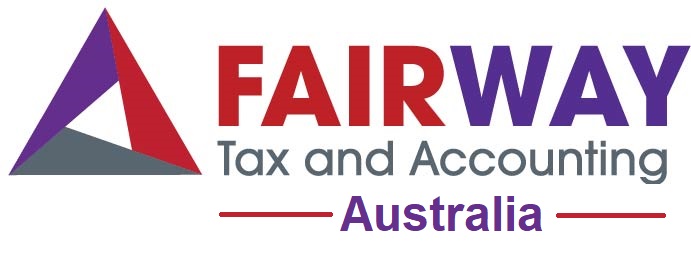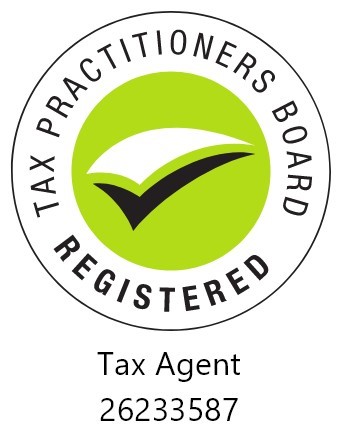The UK Chancellor, Jeremy Hunt, delivered his Autumn Statement for 2023 to Parliament on Wednesday. Despite the media buzz, driven largely by Rishi Sunak, around possible changes to Inheritance Tax, the statement and associated documents were silent on the subject.
Instead, the focus was very much on measures to support workers and businesses.
The following is a summary of the main announcements, but as always with a UK budget announcement, it is in the supporting documents that you find the more interesting story.
Key Announcements
National Insurance:
- Main rate of Class 1 National Insurance (employees) reduced from 12% to 10% from 6 Jan 2024
- Class 2 National Insurance (self-employed) abolished from 6 April 2024
- Class 4 National Insurance (self-employed) reduced from 9% to 8% from 6 April 2024
State Pension:
State Pension will be increased by 8.5% in April 2024
Capital Allowances – permanent full-expensing:
Spring Budget 2023 introduced a 100% first year allowance for qualifying expenditure by companies investing in plant and machinery on or after 1 April 2023 but before 1 April 2026, and a 50% first year allowance for special rate expenditure (integral expenditure and long-life assets).
The Autumn statement makes these allowances permanent and will have effect from the Royal Assent of the Autumn Finance Bill 2023
Other nuggets of interest
Lifetime Allowance Abolition
Plans to abolish the UK Pension Lifetime Allowance “LTA” were announced in the Spring Budget 2023. Finance (No.2) Act 2023 began making the changes, preventing individuals becoming liable to a new LTA charge from 6 April 2023, and yesterday’s Autumn Statement saw the release of further changes to allow the full removal of the LTA.
These changes will impact the payment of Lump Sums from UK registered and non-UK pension schemes to UK taxpayers and the payment of Lump Sums from UK pensions to non-UK residents from 6 April 2024.
The changes mean that taxpayers looking to make withdrawals from their UK pensions in the next 6 months may wish to seek advice on whether their tax position would be better if the withdrawal was before or after 6 April 2024.
Real-Estate Investment Trust
Minor changes to increase the attractiveness and reduce the administrative burdens of REIT scheme.
Construction Industry Scheme
Strengthening of the conditions required to be granted or retain gross payment status under the scheme.
Enterprise Management Incentives
The deadline to notify grants of EMI options will be extended from 92 days following the grant to 6 July following the end of the tax year of the grant, aligning the reporting for these options with other employee-reporting deadlines.
Cash Basis for Self-Employed Businesses and Partners with Trading Income
Removal of the turnover limit at which qualifying self-employment businesses and partners with trading income can utilise the cash basis in calculating their taxable profits and changing the cash basis to be the default instead of the opt-in for these businesses. It also removes the restriction on the amount of interest that may be deducted from qualifying businesses.
NOTE – this does not apply to companies or property businesses or those with corporate partners or using farmers’ or artists’ averaging.
Enterprise Investment Scheme and Venture Capital Trusts Extension
The EIS and VCT investment schemes, which are tax-incentivised investment schemes to encourage investment in small, developing companies, originally had a limitation on the Income Tax relief to shares issued before 6 April 2025.
The new measures extend that deadline to 6 April 2035.
Making Tax Digital – the new penalty regime
Taxpayers who voluntarily join the Making Tax Digital for Income Tax Self-Assessment service from 6 April 2024 will be subject to the Government’s new penalty regime in relation to the late filing of tax returns and late payment of tax.
The new penalty system is point-based – penalising persistent offenders more than occasional or one-off offenders.
At present an immediate £100 penalty is charged for the late submission of the SA Tax Return, with further penalties where the return is still outstanding 3 months after the deadline. Under the new regime, one penalty point will be incurred for missing the annual submission deadline but a fixed penalty of £200 will only be incurred once the taxpayer has 2 penalty points.
The legislation for this new penalty regime will be introduced in Finance Bill 2024.
Reform of Research and Development Expenditure Reliefs
The Research and Development Expenditure Credit (RDEC) and small or medium enterprise (SME) R&D relief schemes are being merged into a single scheme. For accounting periods beginning on or after 1 April 2024. The new scheme will also include restrictions on relief for overseas expenditure.
The rate offered under the merged scheme will be the current RDEC rate of 20%
The notional tax rate applied to loss-makers will be the small profits rate of 19% instead of the 25% rate set in RDEC.
Under the new scheme, the amount of relief will not be reduced by grants received by the company and more companies will qualify to claim contracted-out R&D expenditure.
For more information on how the UK Autumn Statement impacts your tax position, contact joanne@fairwaytax.com.au



